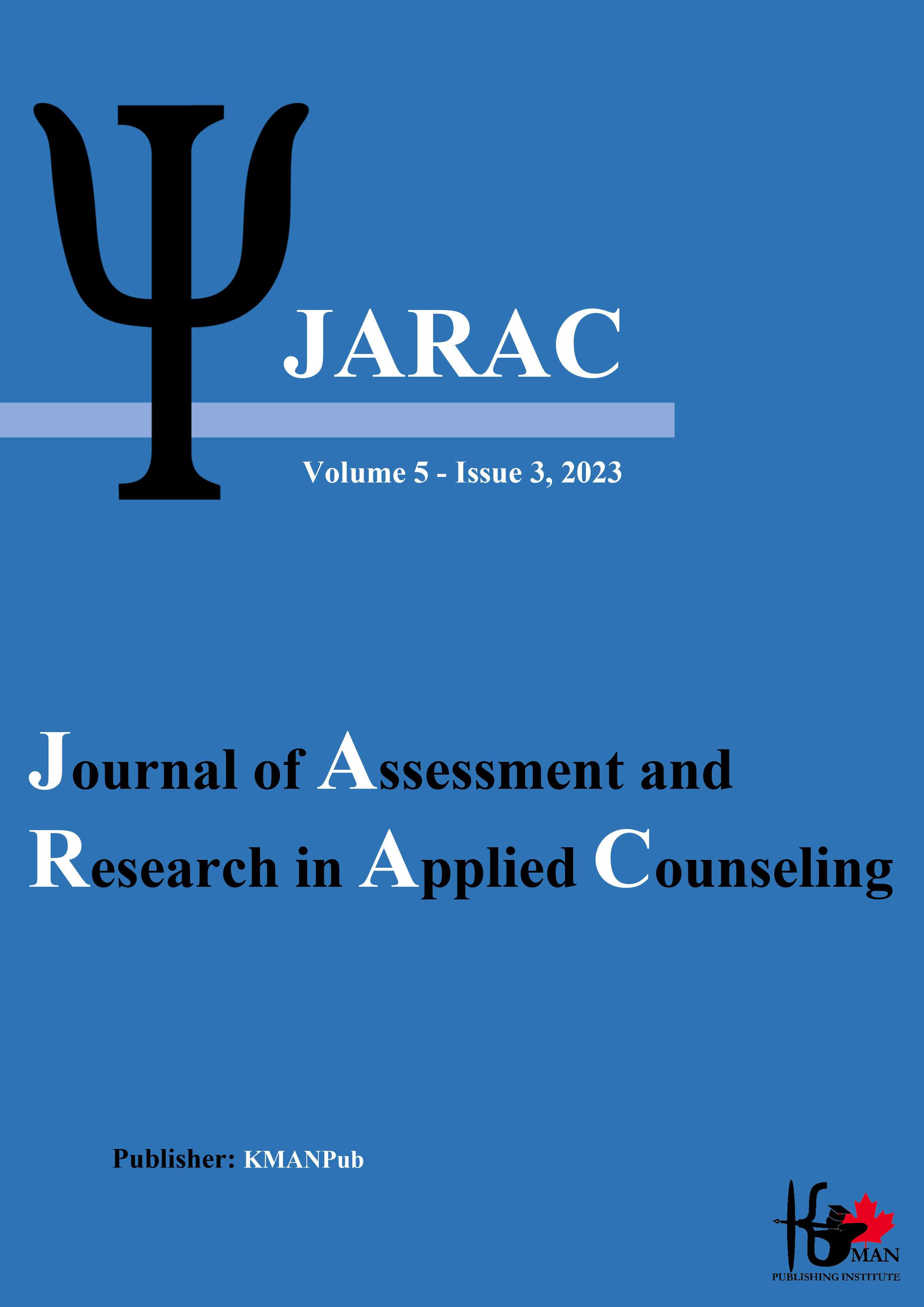The Effectiveness of Self-Regulation Learning Training on the Executive Functions of Male Elementary School Students with Reading Disabilities
Abstract
Objective: The objective of the present research was to examine the effectiveness of self-regulation learning training on the executive functions of male elementary school students with reading disabilities in District 2 of Tehran during the 2022-2023 academic year.
Methods and Materials: This study, considering its goals, was an applied study and, in terms of data collection method, was a quasi-experimental study employing a pre-test, immediate post-test, and delayed post-test design with a control group. The population comprised all male elementary students in District 2 of Tehran, totaling 6,515 students. The sample consisted of 40 male students (10 years old) from the fourth grade, selected through multi-stage cluster sampling. Within each cluster, participants were chosen through simple random sampling. At the end of the study, an educational package for teaching Persian language content, focusing on reading processes as outlined in the textbook, was prepared based on the resources mentioned in the research text. This package aimed at enhancing reading fluency and addressing reading difficulties. In each group, 20 students received either witness or self-regulation learning instruction. The self-regulation group underwent 16 sessions of 45-minute training focusing on executive functions. Following the training, an immediate test and a follow-up test two months later were administered to evaluate the intervention's sustainability. The research tools were the Stroop Test (2006), the Wisconsin Card Sorting Test (1948), the Continuous Performance Test (1956), and the N-back Test. Data were analyzed using a mixed ANOVA test with SPSS-V.24 software.
Findings: The results indicated that self-regulation learning training effectively impacted the executive functions of students with reading disabilities (P = 0.01 < 0.05).
Conclusion: It can be concluded that educational interventions, especially self-regulation learning training, are efficient and effective strategies for enhancing performance and skills in students, particularly those with reading difficulties, in the realm of executive functions.
Downloads
Downloads
Additional Files
Published
Issue
Section
License
Copyright (c) 2023 Neda Garosian Shad, Jahanshir Tavakolizadeh, Reza Dastjerdi, Hamid Taheri (Author)

This work is licensed under a Creative Commons Attribution-NonCommercial 4.0 International License.















